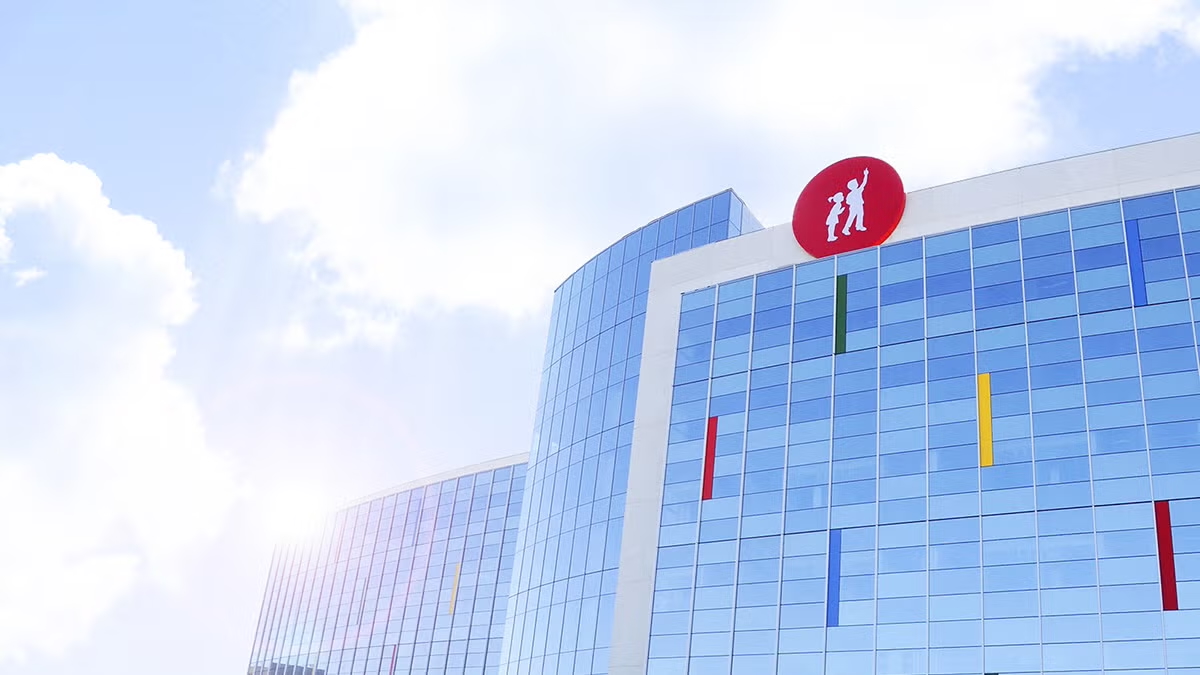How Did COVID-19 Affect the Role of HR in Healthcare?
It’s no secret that the COVID-19 pandemic left healthcare workers burned out and facing unexplored challenges. But doctors and nurses weren’t the only individuals affected — the entire world had to adapt to a new way of working and living. That includes HR departments in healthcare having to shift their roles and processes.
How exactly did the pandemic change the role of healthcare HR departments? Let’s take a look.
HR Challenges in Healthcare During (and After) COVID
Once COVID-19 entered the picture, human resources had to address issues like the following more than ever before:
- Resignations from burned-out workers
- Salary complaints
- Low morale amongst staff
- Additional cleaning measures, which called for the hiring of more cleaning staff
- Inconvenient policy changes
- Supply chain shortages of essential equipment
- Healthcare worker labor strikes, such as those reported by Becker’s Hospital Review in 2021
And then, there were the added responsibilities of managing COVID-related processes. For example, HR teams found themselves scheduling vaccinations, enforcing mask policies, and setting up testing sites for healthcare staff.
Everyone also adjusted to virtual appointments and hybrid work methods, including stipends for employees to set up home workspaces.
Beyond Human Resources Duties
Healthcare workers left in droves over the pandemic, leaving HR departments scrambling to fill positions as soon as possible while trying to retain their employees.
At the same time, HR heads had to take on roles beyond hiring and supporting current employees. They became responsible for employee safety and managing new policies regarding mask-wearing, vaccine requirements, and testing schedules.
There was also extreme social division from individual opinions about COVID-19 and everything it changed. HR professionals had to navigate all of this without losing their minds. (And indeed, many quit or retired just to stay sane.)
Looking Ahead: How Pandemic Impacts Future HR Processes in Healthcare
The good news is that the pandemic has shifted the focus on HR onto the well-being of employees. There is a renewed emphasis on workers as people and what they need to do their jobs well, including maintaining work-life balance.
Human resources have always been necessary, but the chaos of COVID has been a reluctant reminder. HR professionals must develop new methods and skills to keep up with expectations. That includes providing more of what employees want to stay competitive and finding ways to keep employees engaged and inspired.
Remote work is also becoming a given for many companies and industries — and that can include healthcare in some ways. HR departments have had to adjust to the new virtual interviewing, hiring, and work monitoring methods. Many healthcare workers have never experienced remote working conditions before and will need HR’s help to adjust.
Building Back Up Post-COVID
COVID created new and highlighted existing issues in recruiting, hiring, and retaining employees. Now that we are closer to the other side, companies are slowly repairing the damage. There’s still much uncertainty about the future, but there are opportunities for human resource departments to build back even stronger.
A good place to start is making the recruitment process as efficient as possible. Companies can set strategies to attract more healthcare professionals best fitting for their open positions.
At Advance Recruitment, our processes help you target both active and passive candidates — those who aren’t looking yet but might be soon. You can learn more about our process here.




